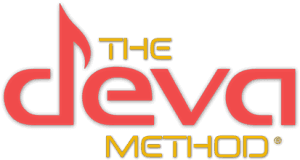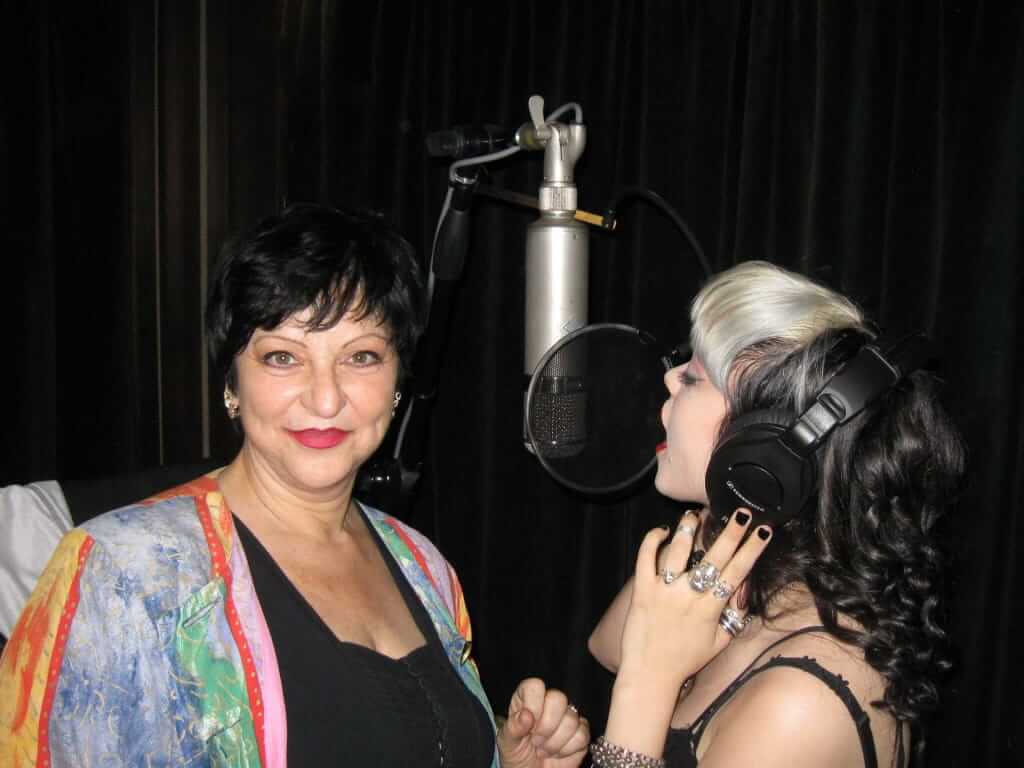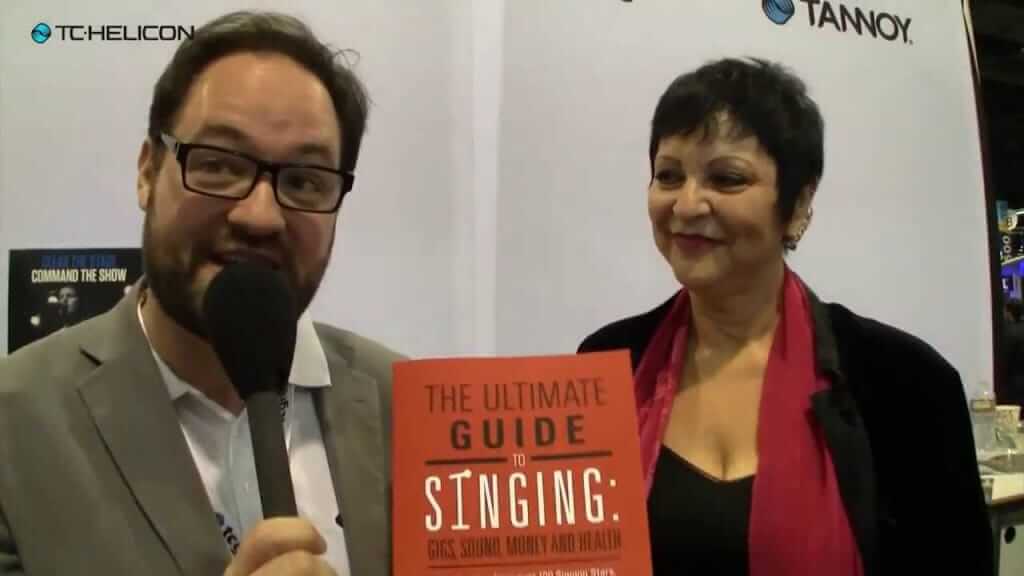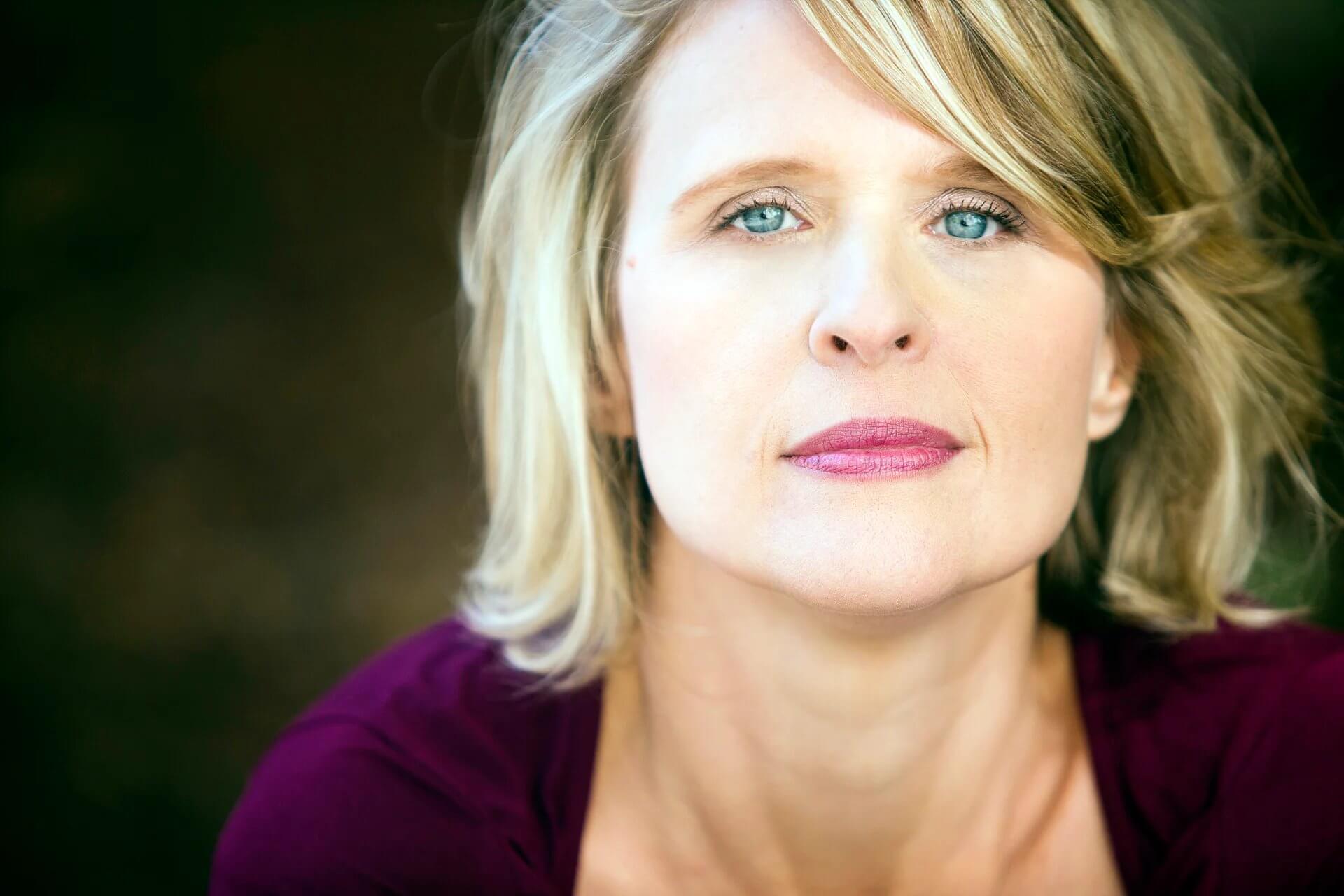When you’re looking for a vocal method or a voice teacher, how do you choose the right one?
1. Working Professional
Is your prospective voice teacher a working professional? Are they currently performing either live shows or in the studio? How does their voice sound? If they are retired from live performance, have they at least had a professional singing career and does their voice still sound good?
A professional singer has to demonstrate competence and actually apply the theory of their voice technique to achieve results. This is the most valid test of any subject of study. Can it be applied to get the desired results? If your teacher doesn’t pass this first test, best to keep looking.
2. Vocal Anatomy
The short answer is that a right or correct technique aligns with how the body naturally produces sound. This means you need to have some understanding of vocal anatomy to be sure that you are working with and not against your body. You don’t have to be a scientist to grasp fundamentals of vocal anatomy. It is a matter of defining the terminology. For instance, you need to know that the “larynx” is your voice box which contains your vocal folds (vocal cords) and where exactly it is and how works, etc.
Your voice teacher should be very conversant with vocal anatomy. My Contemporary Vocalist Volume One self-study course contains the essentials of vocal anatomy along with lots of exercises to develop your voice properly.
3. Does it Make Sense?
Your voice teacher should be able to help you understand how the voice works and also why you are doing the exercises and how all of this will improve your singing. It has to make sense to you. Beware the teacher who expects you to accept what they say just because they are the “authority.”
You have to be able to think and develop judgement in the use of your voice. You can’t do that if you can’t understand what you are being taught. You’d think this was rather obvious, but I have found that education in general does not necessarily teach one how to evaluate information to determine its value in actual practice. To achieve judgement you first have to understand what you are being taught and then gain subjective certainty through practical application.
4. Clones or Unique
Do the singers using the vocal method or studying with this teacher all sound like clones or do they have their own unique sound? This one is harder to determine unless you can hear the other singers in performance. An obvious example of this is traditional Opera. All Opera singers sound very similar, but of course this is quite intentional in that genre of music. There is a preconception of “beautiful voice” and Opera technique is designed to achieve that.
While that is fine for Opera, it certainly is not in more contemporary styles of music where a uniquely identifiable vocal sound is not only desirable but often necessary. If all the singers of a particular teacher sound very similar that is a sure sign that the technique is based on a style and not on vocal anatomy basics of how the voice works. It is fine to add style on top of a good vocal method foundation, but not as a substitute for good technique. The Jeannie Deva Vocal Method can be and has been used by every style of singer from Metal to Pop to Jazz and even Opera. A truly good vocal technique should work for any singing.
Hope this helps you in your search for a good vocal teacher or technique.
This blog post is edited by Studio Staff from the works of Jeannie Deva.






Leave A Comment
You must be logged in to post a comment.